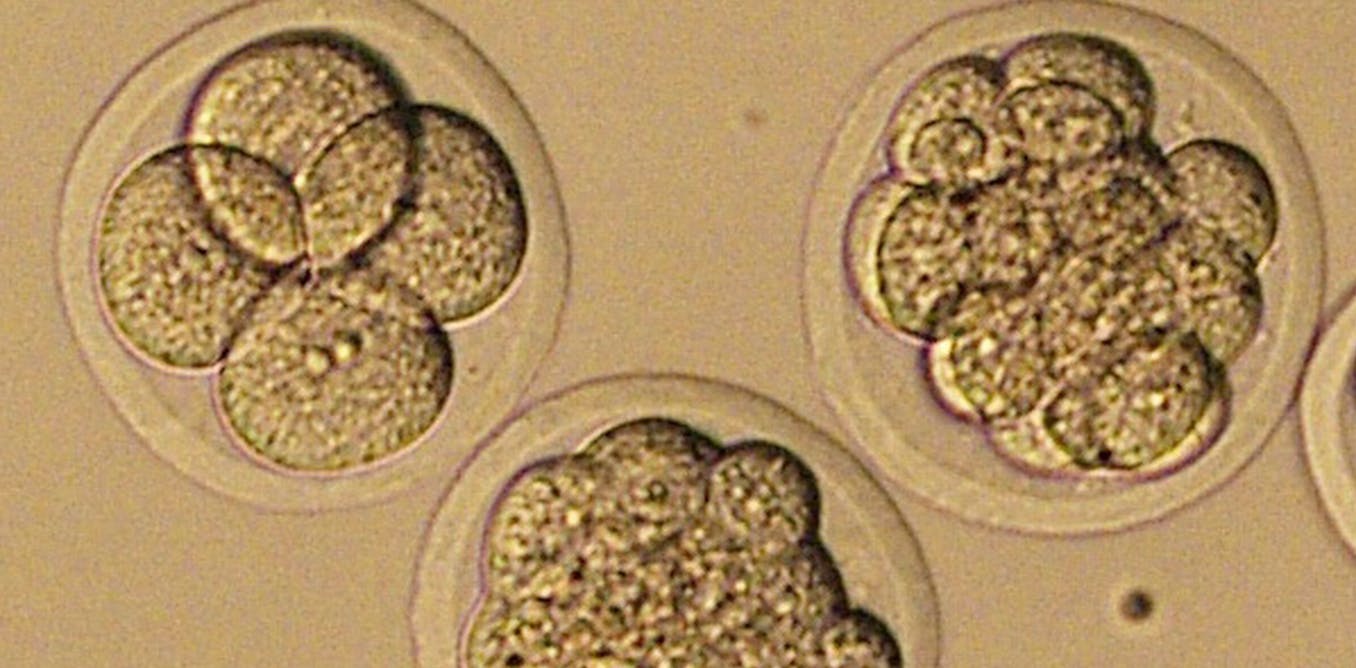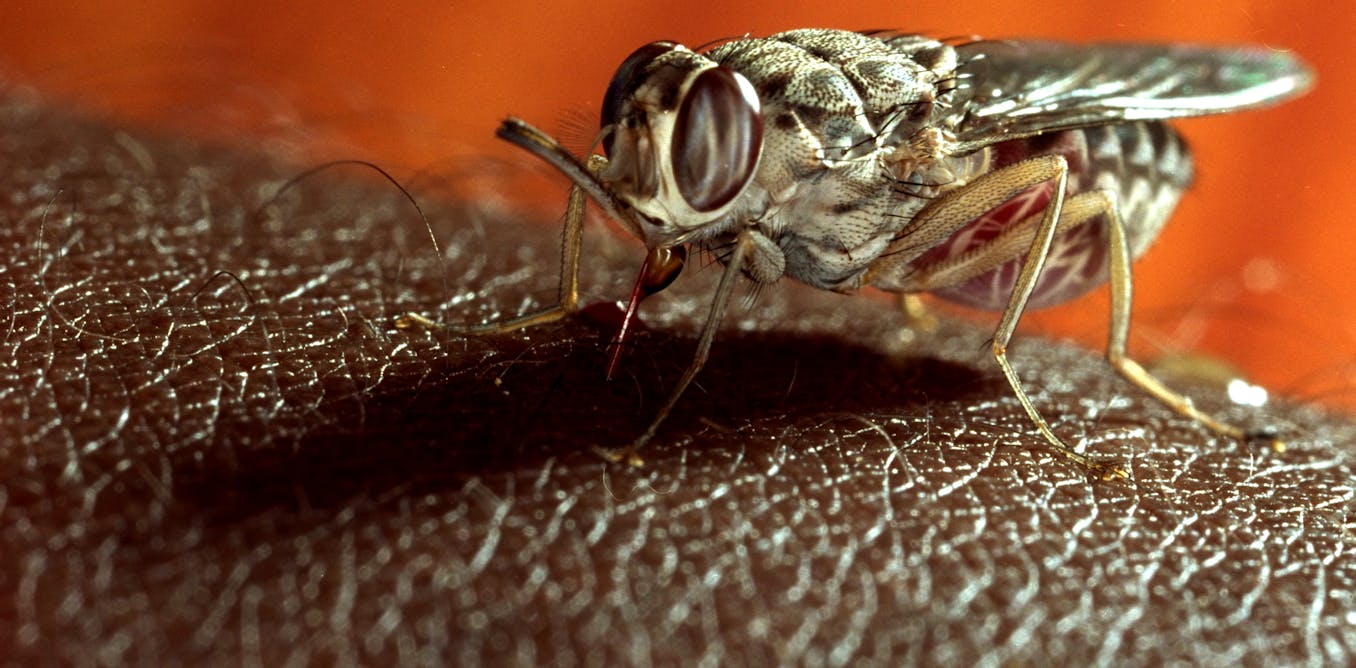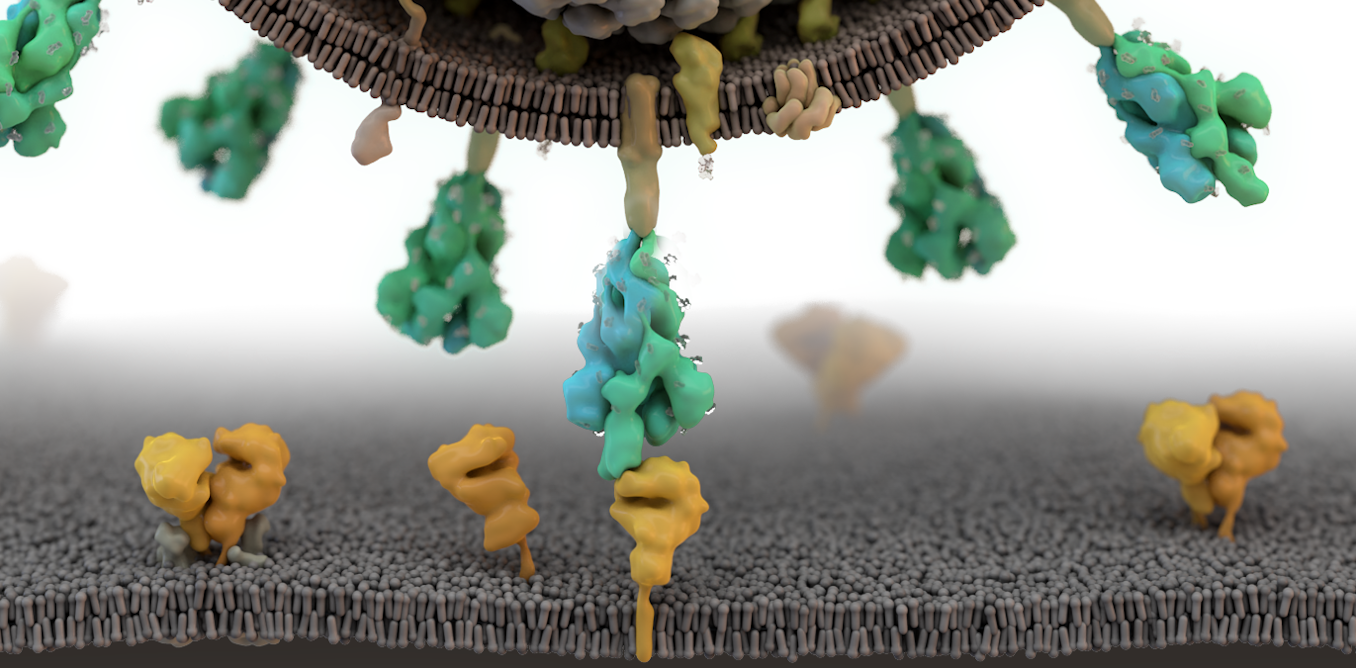Research that shines light on how cells recover from threats may lead to new insights into Alzheimer's and ALS
Insight on how a unique protein plays a role in cellular stress responses may provide more clues on how to treat diseases like ALS and Alzheimer's.
June 24, 2021 • ~5 min




